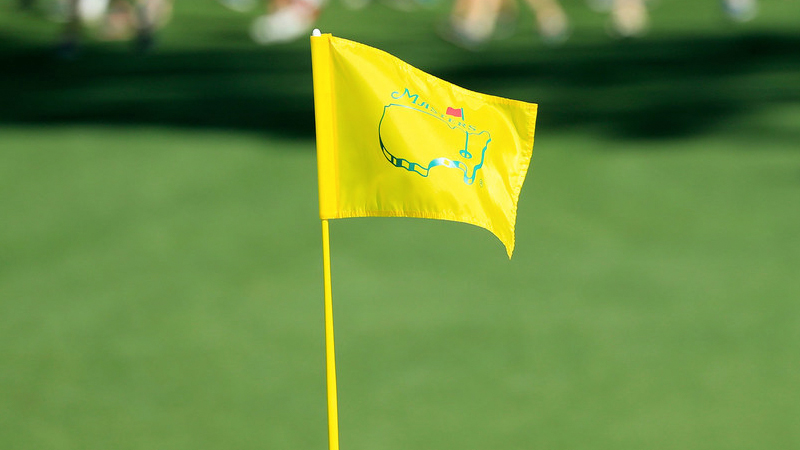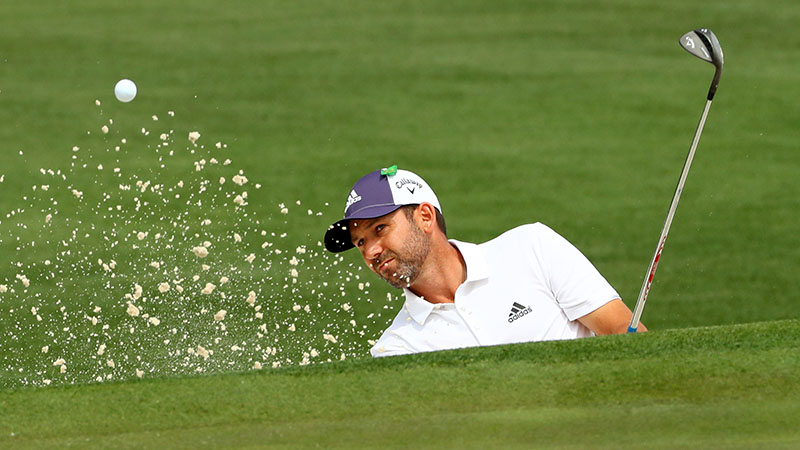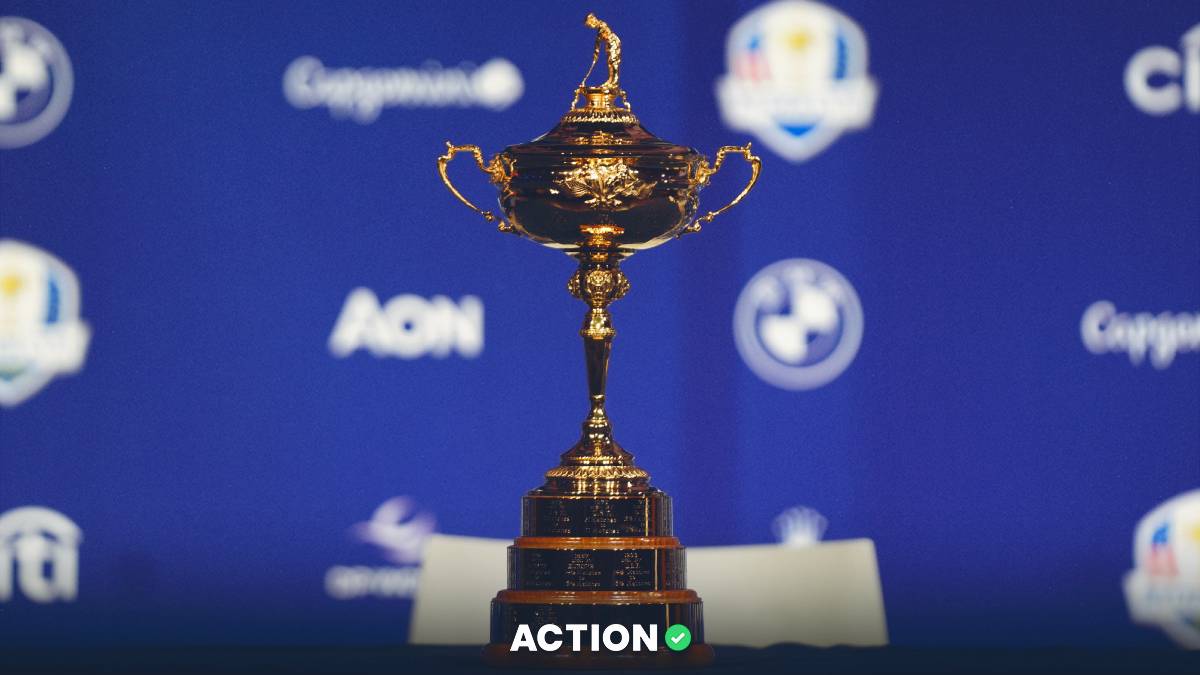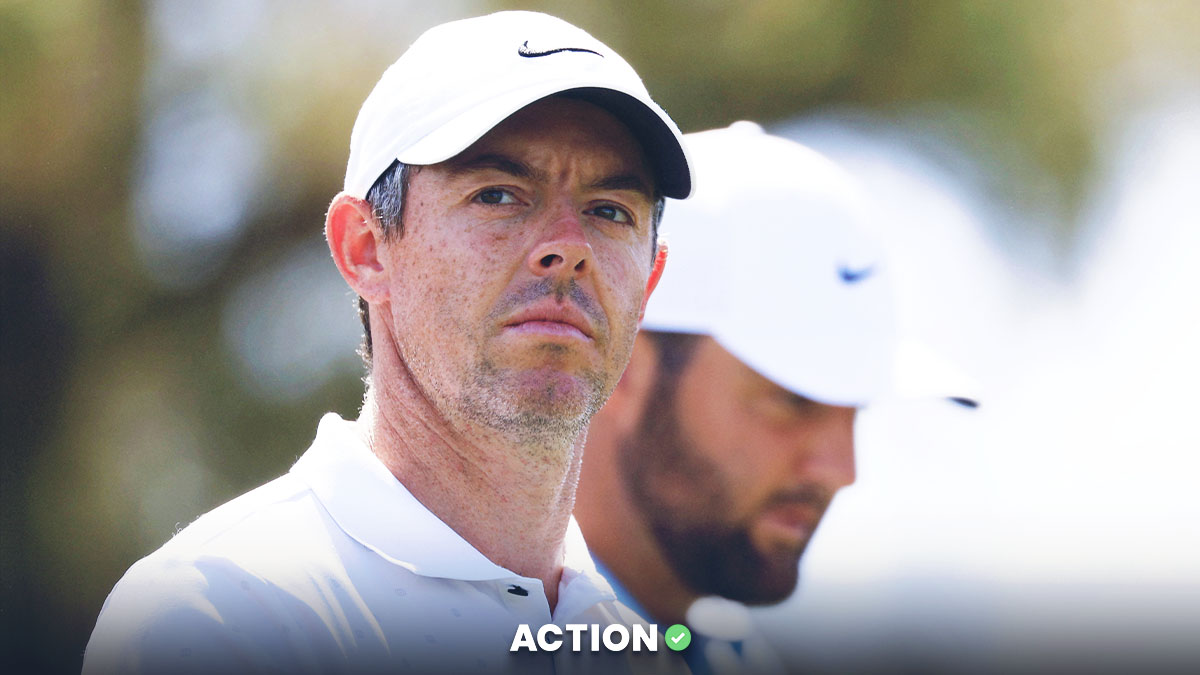Every competitor in the field will readily admit it this week: The Masters is just different.
Granted, they’re talking about the look and the feel and the whole cathedral-like vibe to the place. But there are also a few tangible differences that we should keep in mind for betting and DFS purposes, too.
Here are three quirks of this tournament that you don’t find other weeks on the PGA Tour.
A higher percentage of players will compete on the weekend
Five years ago, the Augusta National members who lord over the competition committee decided to extend the cut rule to include the low 50 players and ties plus anyone within 10 strokes of the lead entering the weekend.
With a field of only 87 competitors — the smallest field in two full decades — that will leave a much healthier percentage playing all four rounds than any regular PGA Tour event.
Of those 87, eight are over-50 past champions and six are current amateurs. Granted, any of them is capable of making the cut, but if each falls on the wrong side of that line, it leaves just 73 others to fill what could be as many as 60-65 spots on the weekend.
How can we use this information to our benefit? Whether you’re seeking a low-cost DFS target or playing a “Will he make the cut?” prop bet, the numbers prove that it’s easier to make the cut here than at nearly any other event with a 36-hole line of demarcation — or more to the point, it’s much harder to miss the cut.
The mudders won’t get as muddy
Depending on which weather forecast you check for the 30904 zip code, varying levels of precipitation are going to fall on Augusta during at least a few of the tournament rounds.
There are a lot of power brokers walking the grounds in green blazers this week, but even they are no match for Mother Nature. And since they also haven’t figured out how to cover the course with a retractable dome, it’s going to rain and people are going to get wet. It might help the azaleas and the umbrella sales, but it’ll hurt the rest of the allure.
For our purposes, such conditions will leave everyone scrambling to uncover some analytical evidence as to which players will succeed in the rain and which ones won’t.
Don’t buy into that strategy too much.
Those who regularly fare better in the rain don’t necessarily do so because they enjoy it; instead, it’s more about these players being better suited to adapt to changing conditions.
For example, the greens at a specific event might be running 13 on the Stimpmeter, but once it rains they could slow down to, say, 11.5. Adapting to those immediate changes is a skill, but it's not one that will be tested at Augusta.
That’s because this course features a SubAir system that literally vacuums all of the moisture out of the putting surfaces as it’s hitting the turf. (Yes, you read that correctly.) Less rain on the greens means fewer changes to the initial speed, which means less of a need to pick those “mudders,” who are usually adapt best to the changing conditions.
The final total is fairly predictable
Most annual tournaments on the same course can still have wildly varied winning scores from year to year, based on weather and pin positions.
In the controlled environment that is Augusta National, this number is pretty constant, with a few notable outliers.
Over the past 10 years, the final winning score has finished between 278 and 280 — that’s 10-under to 8-under — on five occasions. That includes four of the past six editions of the tournament – and it could’ve been even more.
In 2015, Jordan Spieth went HAM, finishing with a record-tying 270 and winning by four strokes. Major outlier there. The next year, Spieth shoulda/woulda/coulda won with a score in that 278-280 range, except the 12th hole happened and, well, Danny Willett wound up the champion at 5-under 283.
According to the Westgate Las Vegas SuperBook, the over/under for this year’s winning total is 277.5. That number has been bested just once (by Spieth) since 2011. If we follow the current trend and don’t have another complete outlier, expect it to be just a tad over that total once again this week.


























































